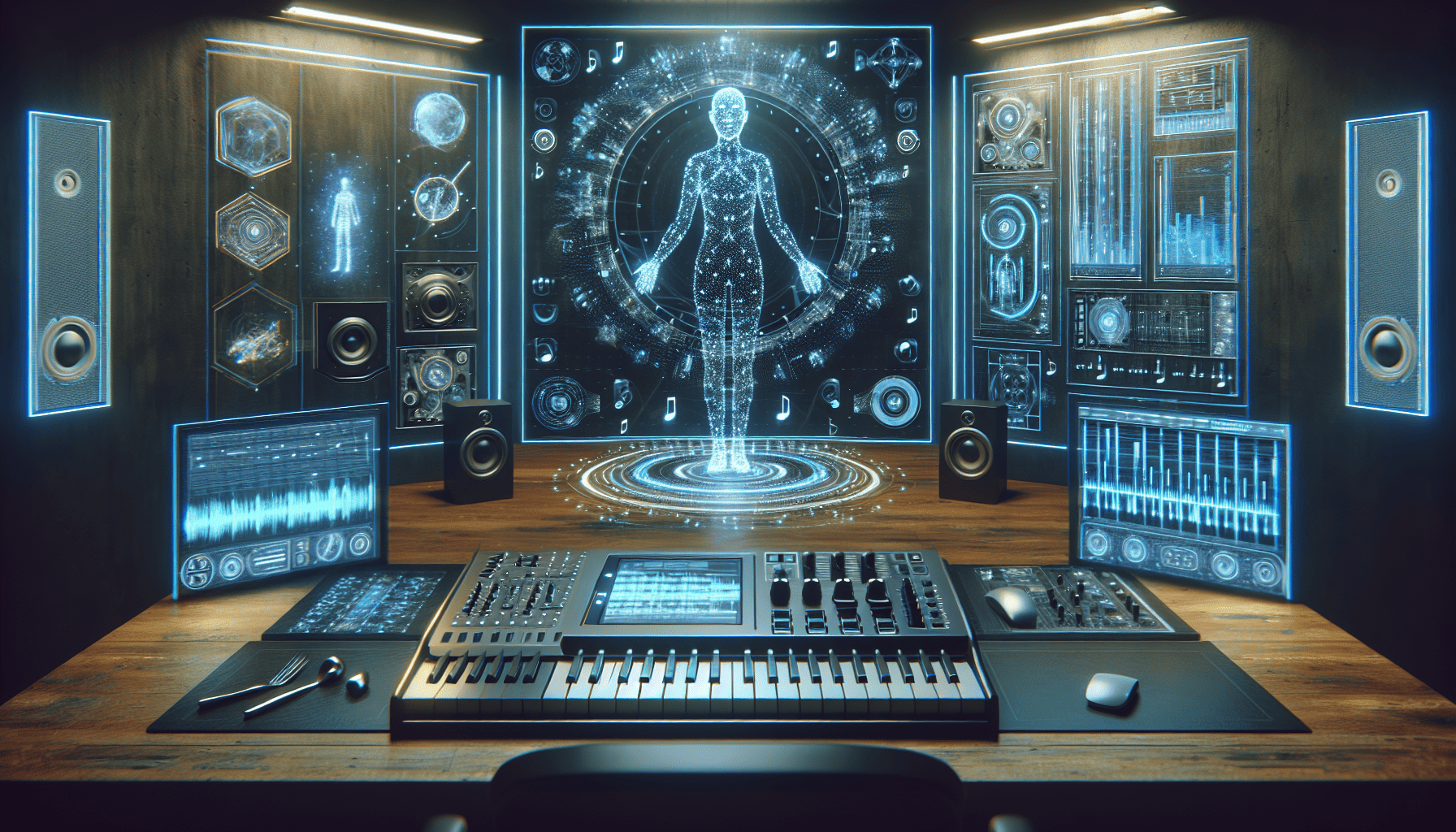In recent years, the rapid advancement of artificial intelligence has significantly transformed various creative fields, including music composition. AI-driven music composition is a fascinating intersection of technology and creativity, offering new possibilities for both amateur and professional musicians. By leveraging machine learning algorithms, AI can now assist composers in creating original music tracks, enhancing their creative potential and introducing novel elements to their compositions.
At the heart of AI-driven music composition is the ability of algorithms to analyze vast amounts of musical data. By learning from a diverse array of compositions spanning different genres and eras, AI can identify patterns, structures, and stylistic features typical of specific music styles. This analytical capability allows AI to generate music that is not only original but also aligned with the desired aesthetic goals of the composer.
One of the most exciting aspects of AI-enhanced music composition is its ability to serve as a collaborative tool. Musicians can use AI-generated melodies, harmonies, and rhythms as a foundation to build upon, mixing their own creativity with algorithmically-generated material. This symbiotic relationship can lead to compositions that marry human emotion and intuition with machine precision and novelty.
Moreover, AI tools can serve as composers' assistants, offering suggestions for chord progressions, song structures, or even specific instrument arrangements. These suggestions can act as a source of inspiration, sparking new ideas and pushing composers out of their creative comfort zones. For instance, an AI might propose an unconventional chord sequence that a composer may not have considered, leading to unique and innovative musical expressions.
Beyond creativity, AI-driven music composition also has the potential to democratize music creation. High-quality music production tools empowered by AI are becoming increasingly accessible, allowing individuals without formal music training to engage in music creation. This inclusivity invites more voices into the world of music, fostering diversity and the exploration of new genres born from unexpected combinations and influences.
Despite these advantages, the rise of AI in music composition raises pertinent questions about authorship and the nature of creativity. As AI-generated music gains popularity, it challenges traditional notions of authorship, as the role of the composer becomes blurred. It also prompts us to consider what creativity truly entails. Is it the ability to create something from nothing, or is it the capacity to rearrange the existing elements in novel ways? These discussions underline the need for a nuanced approach to understanding creativity in the age of artificial intelligence.
In conclusion, AI-driven music composition exemplifies how technology can amplify human creativity rather than diminish it. By acting as collaborators and muses, AI systems enhance the creative potential of composers, enabling the creation of innovative and diverse musical landscapes. As AI continues to evolve, it holds the promise of not only transforming the music industry but also redefining the essence of creativity itself. Through this harmonious alliance between man and machine, the future of music composition looks both exciting and transformative.
